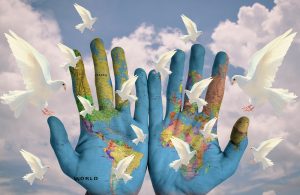Face Coverings and the 3 R’s

Face Coverings and the 3 R’s
Responsibilities
I am writing this blog post following on from the previous post I wrote on compassion during the period of lock down easing. As of 7th July, it has become compulsory (by law) to wear a face covering in shops as a way to help prevent the spread of Coronavirus. Although the evidence suggests that thin paper masks and cotton masks do not protect people from catching the virus, the UK Government have stated that evidence suggests wearing masks and other face coverings minimizes the spread of covid-19 in fluid droplets due to coughing, sneezing or shouting.
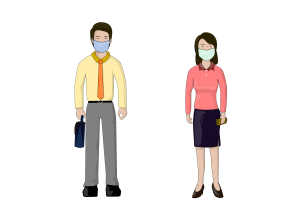
Therefore, wearing face coverings is a social responsibility to protect vulnerable people and show concern and compassion for others. It is precisely this that leaves me sad and dismayed when I hear of vulnerable people being challenged, questioned and even verbally abused in public when they do not wear face coverings, yet they are legally exempt from wearing them.
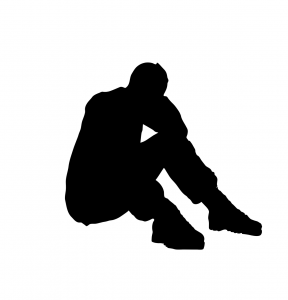
The experience of going out in public during this confusing period when lock down rules are changing frequently in different areas is certainly very stressful. Wearing masks and other face coverings can make this much harder, frustrating and more anxiety provoking for everyone. However, I ask anyone reading this post to be mindful that there can be many reasons people do not wear face coverings in shops or other public spaces, such as GP surgeries, hospitals and public transport and they are allowed to do so legally.
Rights
Challenging individuals and demanding that they wear a mask or insisting to know why they are not wearing a mask can be perceived as threatening and experienced as frightening and humiliating as well as an infringement of a person’s human rights i.e. their right to privacy (Article 8 in the Human Rights Act 1998). Article 8 describes the right to respect for your family and private life, your home and your correspondence. Challenging a vulnerable or disabled adult in public could be seen as pressure to disclose personal information without valid consent and therefore a breach of Article 8.
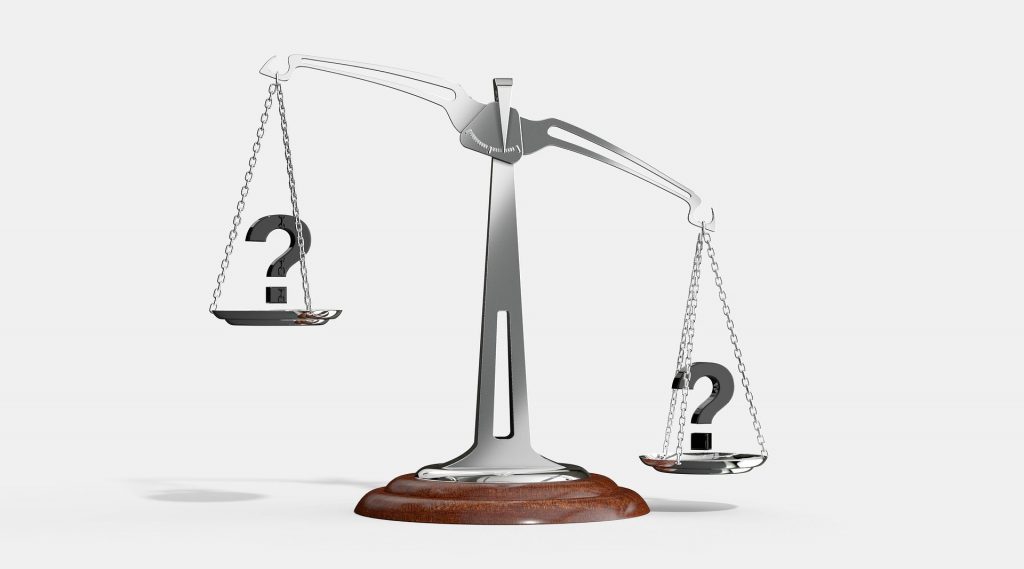
Disability Rights UK requested that the government provide balanced messages and information, to avoid disabled people living in fear of possible conflict with the public and police to prove impairment and illness. It is therefore advisable to consider your reasons for approaching someone about them not wearing a face covering in public and whether it is wiser and more respectful to trust that they have valid reasons for doing so.
The exemptions for the wearing of face-coverings are shown below:
- Children under the age of 11 years
- The following impairments:
- Breathing Difficulty/Respiratory
- Conditions affecting dexterity
- Mental Health condition or panic disorders
- Autism
- Cognitive impairment
- Visual impairment – including restricted field of view if the mask would make this worse
- Impairments that make it difficult to put on or take off face coverings (such as skin conditions)
- Dementia
- Where someone can wear a mask for some of the time but might need to take it off
- Carers or someone who is with someone that relies on lip reading, clear sound or facial expression
- If medication/eating is essential
- Not being able to put on, wear or remove a face covering because of a physical or mental illness or impairment, or disability
- If putting on, wearing or removing a face covering will cause you severe distress
- To avoid harm or injury, or the risk of harm or injury, to yourself or others
- To avoid injury, or to escape a risk of harm, and you do not have a face covering with you
- If a police officer or other official requests you remove your face covering
- If asked to do so by shop staff for the purpose of age identification

Respect
Respect is appropriate regard for the feelings, wishes and rights of others. If we anticipate to be given respect from those around us we should assume to show it. There are vulnerable people in our communities who are likely to be in one of the categories above. Therefore, I suggest we all try to give the respect and support to others that we would like for ourselves or those we care about. After all, we are in the midst of this pandemic together and need each other to get through it safely.
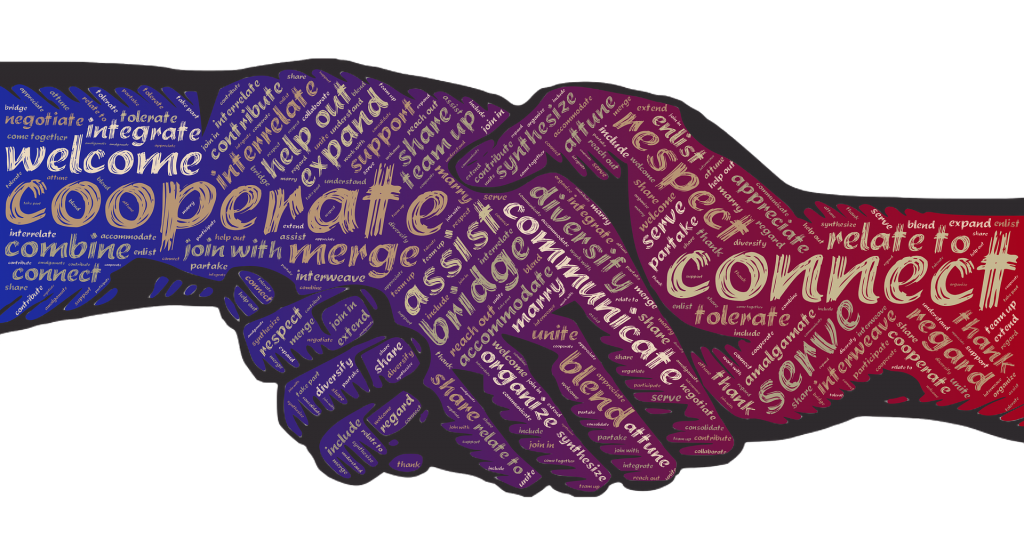
“A human being is a part of the whole called by us, ‘universe’, a part limited in time and space. He experiences himself, his thoughts and feeling as something separated from the rest, a kind of optical delusion of his consciousness. This delusion is a kind of prison for us, restricting us to our personal desires and to affection for a few persons nearest to us. Our task must be to free ourselves from this prison by widening our circle of compassion to embrace all living creatures and the whole of nature in its beauty.” (Albert Einstein)
